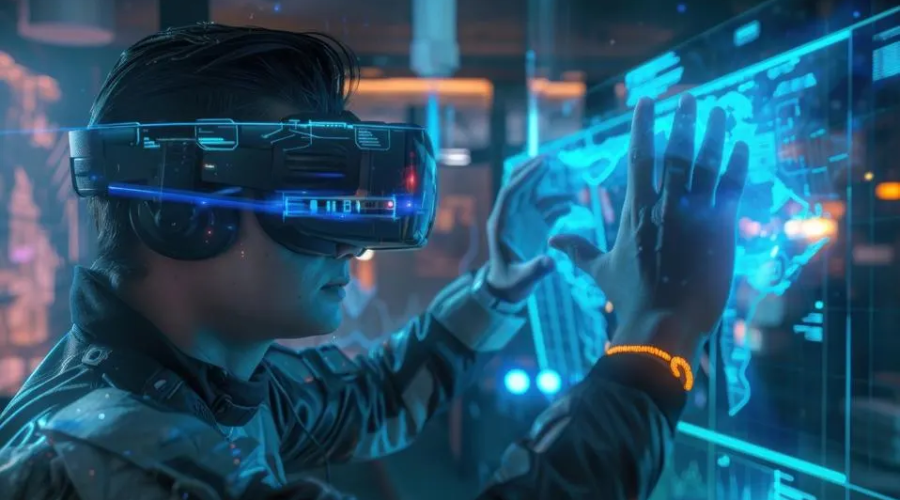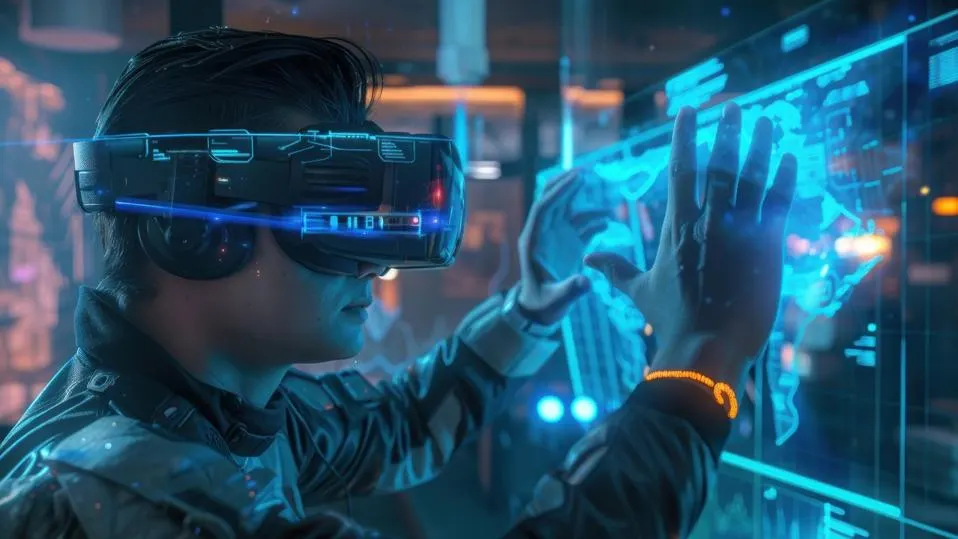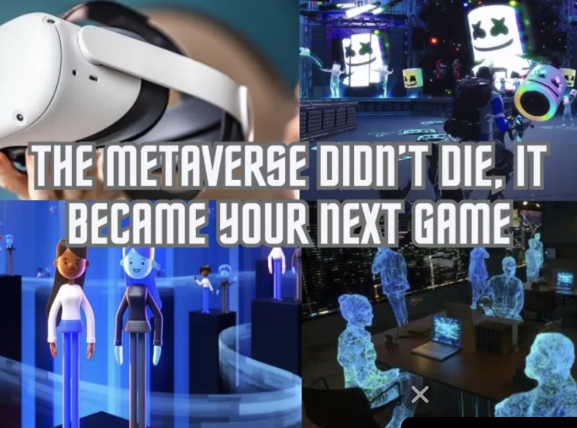Beyond The Metaverse: Top Immersive Internet Trends For The Next Decade
Do you remember what the internet of the past looked like? Static webpages that took an age to load, blurry JPG images and lots of garishly colored text and backgrounds, those were the days!
Well, the internet of 2035 will look as different from today’s internet as today’s internet looks from that.
In the twenty-plus years that it has dominated our lives, the internet has evolved to become more immersive, accessible, user-friendly and social. Although it’s difficult for anyone to predict anything as far as ten years into the future, one thing I’m sure of is that this evolution will continue.
Ten years ago, if you’d asked someone what the internet is, they would have been pretty sure it revolved around web pages viewed on a computer screen. Today, the online experience is built around apps, devices, streaming services and virtual worlds. Thanks to advances in augmented reality (AR), we even see it encroaching into the real world.
So, gazing into my long-distance crystal ball, here are five of the trends that I believe will define what it means to be “online” as we head toward the year 2035. And – spoiler alert – yes, there will probably still be cat memes.
Over the next decade, we are only going to see the internet get more immersive and capable of filling more of our day-to-day needs. Whether that be working, relaxing, playing, shopping or socializing with friends. By 2035, the concept of “being offline” probably won’t mean a lot. Even if we aren’t staring at a screen (an interface that’s becoming less common), we’re interacting with virtual and online environments through data flowing to us via a myriad of devices, possibly even including chips implanted into our brains.
It’s no wonder that by this point, the distinction between the real, physical world and the digital, connected world is practically non-existent. Augmented reality interfaces will bring digital information to life in front of our eyes, overlaying computer-generated imagery no matter where we are or what we are doing. And the concept of logging or signing in to a virtual space will seem wildly outdated, as machines automatically authenticate us using biometrics without us even noticing. This will put to bed the idea that’s persisted for a few decades of humans becoming increasingly screen-bound, isolating inside darkened rooms or existing in virtual reality, Ready Player One style. The internet and the virtual world will be all around us, entwined with the real world – which is perhaps an even scarier concept!
An End To Ecosystems?
So Meta (formerly Facebook)’s attempt to annex the emerging virtual domain that we once referred to as “the metaverse” (although I never liked that term myself) seems to have stalled. In 2024, users want virtual worlds – not walled-in virtual gardens – and in 2035, that won’t be any different. Rather than be tied into any particular ecosystem – be that iPhones or Android, Xbox or Playstation – users will expect cross-platform compatibility and seamless connectivity, no matter what hardware or operating system is chugging away behind the scenes.
Forbes







